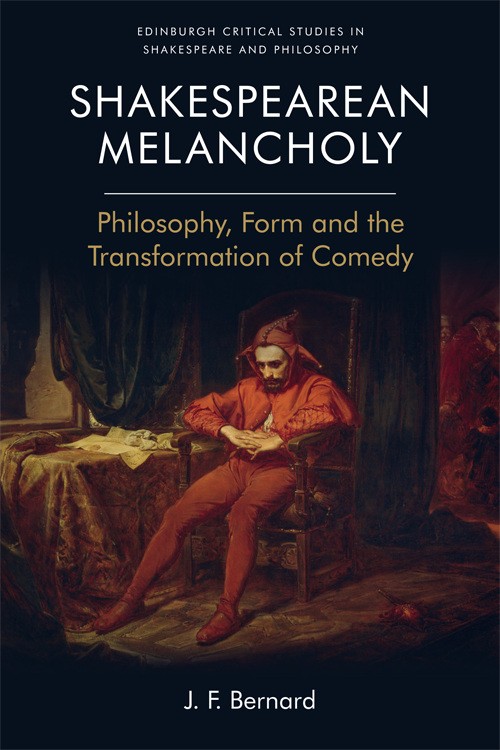
By J.F. Bernard
You probably know the story. A psychiatrist is treating a man that came in complaining of overwhelming sorrow and despair. “You should take your mind off of your troubles,” he suggests. “The great clown Grock is in town. Why don’t you go see him perform? He’ll have you forget your worries and laughing in no time.” “But doctor,” the man replies, downtrodden, “I am Grock the clown.”
Apocryphal or not, I have always liked this story, because it hints at our preconceived ideas about art and mental distress. The image of the tortured genius, suffering for a craft that is revered by all—suffering not as a side-effect, but as the primary conduit for creation—is a narrative we love to hear. From Kurt Cobain to Nina Simone, from Edgar Allan Poe to Lenny Bruce, in our common cultural psyche, it seems that artist and self-destructive illnesses not only go hand in hand; they actually need each other. Better to burn out than to fade away, as Neil Young once sang… As long as it’s somebody else. We voyeuristically enjoy someone else’s toxic brilliance. We call their work tortured, raw, honest, heartbreaking. We come to think of their woes and their arts as two elements of the same system, feeding each while inevitably deteriorating. We think they have “something” no one else does.
But the Grock the clown story is also interesting because it hints at the oft-disregarded symbiosis between laughter and sadness: it gives us the prototypical image of the sad clown, the suffering performer who makes everyone happy but themselves. These are but two sides of the same emotional coin after all, “woven together like reeds in moonlight” as Virginia Woolf describes them. Robert Burton wrote long ago that there was laughter “even in the midst of sorrow.” Victor Hugo defined melancholy as “the happiness of being sad.” Chaplin remarked that life was a tragedy in a closeup, but a comedy when seen in a long shot, but I think I prefer Mel Brook’s explanation that “tragedy is when I cut my finger; comedy is when you fall into an open sewer and die.”
Such an intriguing relationship runs through my book, Shakespearean Melancholy, by way of theatre, medicine, and their complicated history together. When Shakespeare uses the word melancholy, he is drawing in over two thousand years of science and literature, loaded with political, cultural, medical, and religious undertones. To be able to pay homage to this lineage while making it is own (as in Hamlet) is an incredible feat. When he uses it in a comedy, it gets complicated.
The first Shakespeare play I “got” was Twelfth Night. I was 19 years old. I loved every part of it, especially the weird sorrowful feeling Feste’s song left me with. How can a comedy make me sad? I was not able to articulate it, but there was something in that play I could recognize in myself. As what I felt sometimes. A mingling of happiness and sorrow that bemuses as much as it enlightens. Why write a comedy like that? I thought.
It took some time, but this book offers a reason as to why Shakespeare writes a comedy like that (and many others). It demonstrates how Shakespeare’s theatre, by looking at the deeply connected structures of comedy and melancholy, points at a universal truth of our modern existence (as it often does): we are a tragedy and a comedy all at once. We live them concurrently. Our childhood memories become nostalgia. We laugh at our failures. We cry of joy. Sometimes we sound like gravel, and sometimes we sound like coffee and cream (as Nina Simone used to say of herself). Shakespeare’s comedies make us laugh, but behind that laughter, there is a strong yet elusive melancholy breath.
I don’t think I’d want it any other way.

J.F. Bernard is an assistant professor of English at Champlain College primarily interested in Shakespeare (then and now). He is the author of Shakespearean Melancholy: Philosophy, Form, and the Transformation of Comedy (EUP, 2018) and his currently co-editing The Tempest (with Paul Yachnin) for the Internet Shakespeare Editions. He would not say no to a glass of scotch right now.





